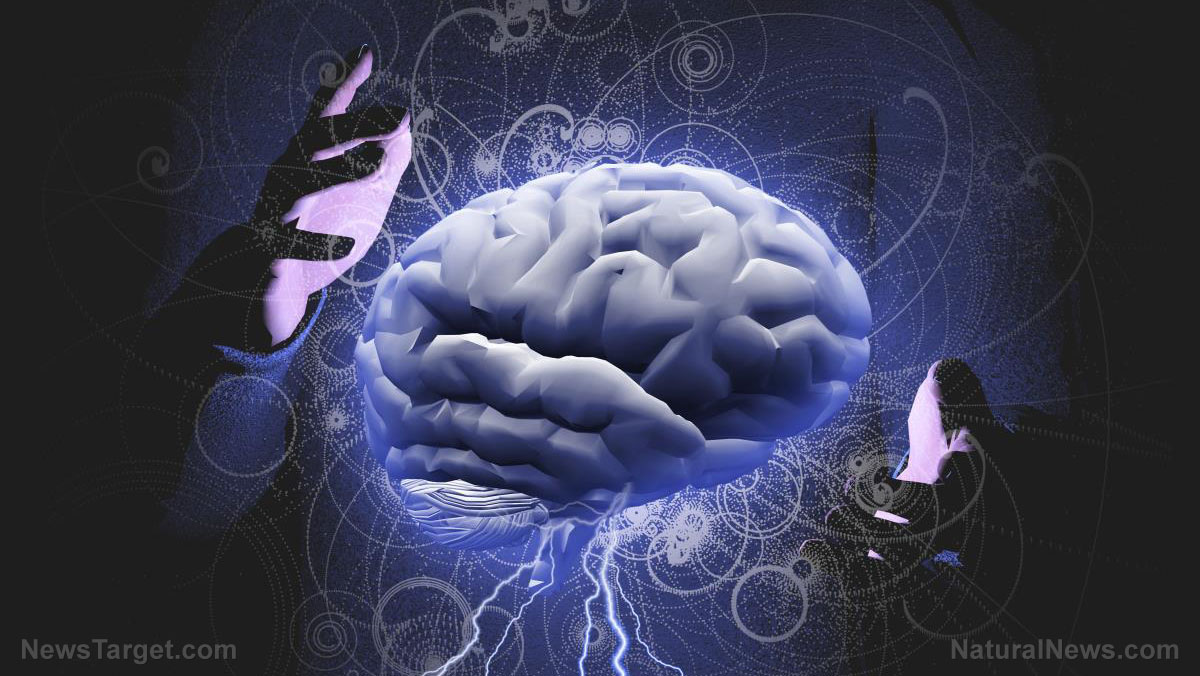Diet may be the no. 1 way to influence how your brain ages
11/14/2018 / By Ethan Huff

If preserving the integrity of your mind is a top priority as you transition into old age, you’ll want to pay attention to what you’re eating. A new study found that diet just might be the number one factor in brain aging, setting the stage for cognitive function throughout a person’s life.
Lisa Mosconi, associate director of the Alzheimer’s Prevention Clinic at the New York-Presbyterian / Weill Cornell Medical Center and author of the book Brain Food: The Surprising Science of Eating for Cognitive Power, discovered that what a person eats is potentially far more important than what he or she does at the gym or with a book of brain puzzles.
Diet, Mosconi says, is what truly determines the longevity of a person’s brain, either providing or not essential nutrients like vitamins B12 and C that support its functionality. It’s about intaking a complete spectrum of vitamins, minerals, and other beneficial food compounds that, together, reinforce the brain’s ability to perform at its best.
“It’s what you take in total content, because there are interactions between everything,” says Mosconi, noting that it’s far better to eat a variety of foods with diverse nutrients as opposed to a very specific or limited selection. “You can’t say, ‘I’m going to eat broccoli and everything will be fine.’ It doesn’t work like that.”
Mediterranean diet holds top spot for maximizing brain health
What Mosconi and her team learned is that a Mediterranean diet rich in whole fruits and vegetables, proteins from the sea (ie fish), legumes, and whole grains tends to be the best option for minimizing the type of inflammation that can lead to a breakdown of tissue in the brain, as well as reduced brain metabolism.
On the other hand, conventional dairy and meat products, along with processed foods, are directly associated with cognitive decline. Over time, these unhealthy foods can damage brain tissue to such an extent that microglia, or the brain’s “housekeepers,” engage and further harm the brain.
Instead, she says, it’s better to stick with foods that characterize what people tend to eat all around the Mediterranean Sea. Such foods will not only protect the brain against degradation and decline, but also support the growth of new brain tissue while helping to maintain the cell membranes responsible for sugar and protein transport, as well as gene expression.
Fiber is a key component of protecting and supporting brain health
According to two other studies to which Mosconi contributed, the standard Western diet, which is high in processed and fast foods, is associated with a decline in brain metabolism of about three percent per year. Similarly, Western dieters who participated in her latest study came into it with 15 percent more amyloid plaques in their brains, a sign of dementia.
On the other hand, the Mediterranean diet, as well as another brain-friendly diet known as the “MIND” diet, was found to help reduce the risk of Alzheimer’s disease and other forms of dementia.
Perhaps even more critical to a brain-supportive diet is intake of fiber. Since fiber serves as food for probiotic bacteria in the gut, it’s brain-protective benefits are vast, though greatly understated in the scientific literature.
Gut microbes, as you may already know, help regulate what passes through the blood-brain barrier, including brain-damaging chemicals and substances that damage cognition. If gut bacteria are starving due to a lack of dietary fiber, then the risk of “bad guys” getting into the brain and wreaking havoc greatly increases.
“You have to clean up the neighborhood first,” says Rudolph Tanzi, a neurology professor at Harvard Medical School who says that people should focus more on fiber intake than simply downing more probiotic supplements.
For more news about staying healthy well into old age, be sure to check out Longevity.news.
Sources for this article include:
Submit a correction >>
Tagged Under:
aging, Alzheimer's, b vitamins, brain health, dementia, diet and lifestyle, fiber, fish, food cures, grocery cures, gut health, healthy eating, healthy living, legumes, longevity, Mediterranean diet, mind body science, MIND diet, vitamin C, whole grains
This article may contain statements that reflect the opinion of the author
RECENT NEWS & ARTICLES
COPYRIGHT © 2017 BRAIN NEWS





















